In this dark tale of modern finance, sharp but troubled trader Gary Stevenson describes his unlikely climb from East London poverty to stardom on the Citibank trading floor. At 22, he was still living with his parents while working long hours. At 24, he was collecting six-figure bonuses. And by 25, he was utterly burned out and unable to work. Stevenson delivers a compelling memoir that lays bare both the foibles of trading life and the fractures in the global economy.
Gary Stevenson took an unusual path to the Citibank trading desk.
Gary Stevenson grew up poor in East London, and his desultory youth included being kicked out of school for selling drugs and working low-paying jobs such as delivering newspapers and working retail. Naturally gifted at math, he enrolled in the London School of Economics (LSE). There, he found himself resentful of his classmates, a mélange of affluent students from around the world who were obsessed with landing jobs at investment banks. Stevenson wasn’t sure what was happening around him, but he decided to prove to his classmates that poor people could be smart. So he stationed himself in the front seats of each classroom and made sure to ask questions. The trust-fund kids in tailored suits looked down on Stevenson’s tracksuit.
Despite his strong scores at LSE, Stevenson realized he wasn’t on anyone’s shortlist for a high-paying job. He had no family or personal connections in London, and he had no interest in applying for dozens of internships. But he found a workaround. Citibank hosted a contest known as The Trading Game, and the winner landed a short internship at the bank. Stevenson...
After leaving Citibank, Gary Stevenson studied at Oxford, worked with economic think tanks, and founded a YouTube channel that explains real-world economics. He regularly appears on television and radio, and he has written for Fortune and The Guardian.










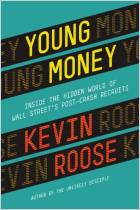
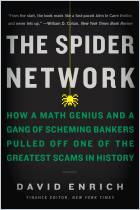
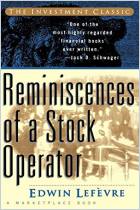
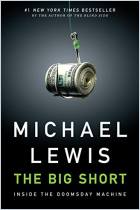
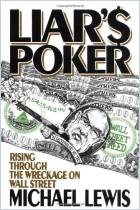
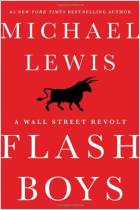





Comment on this summary or Start Discussion